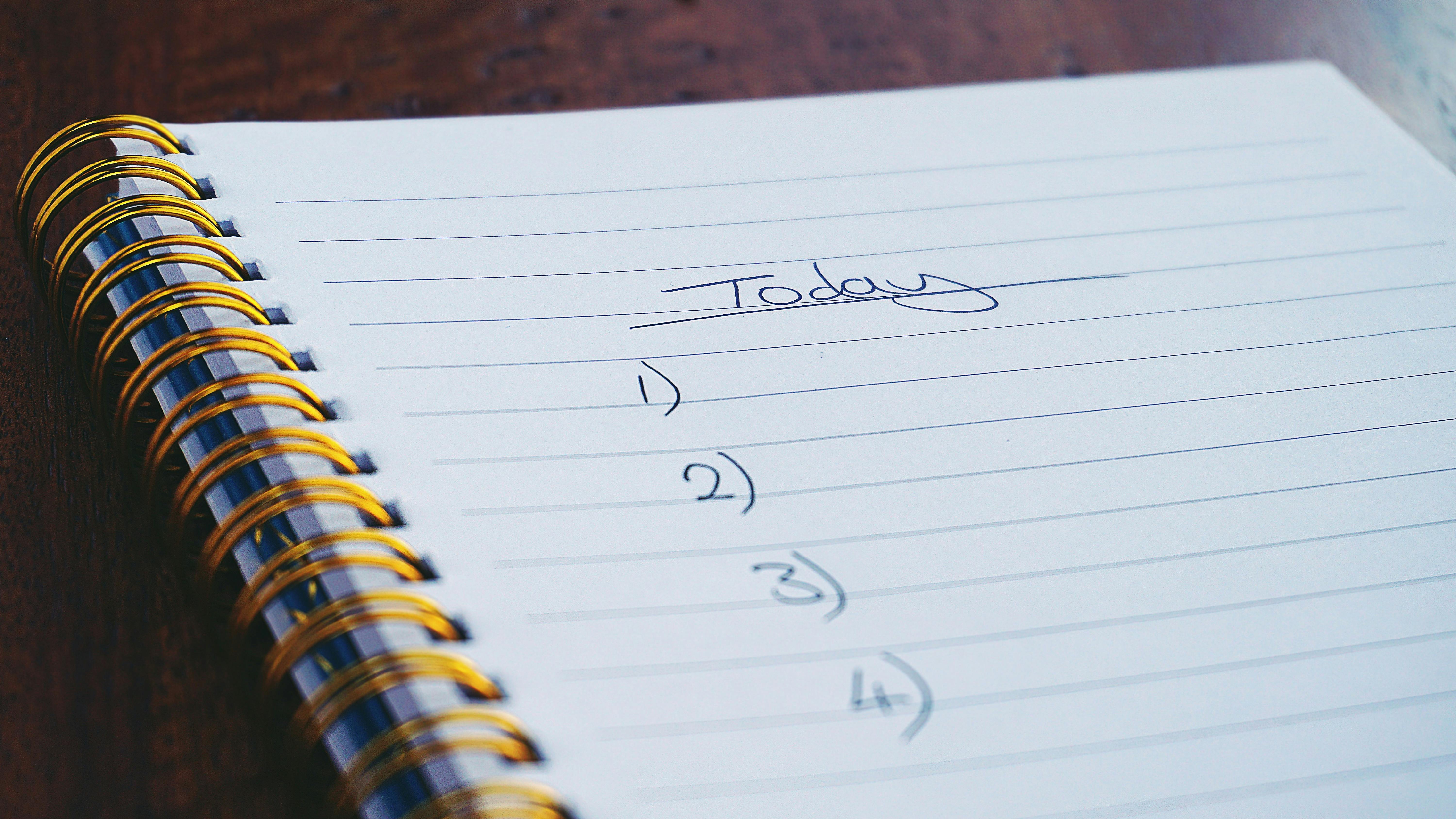Mental Mondays: 7 Easy Ways To Ease Depression

Depression is so common it could go overlooked. The fact that millions of individuals are plagued by it does not trivialize the effect it has on us. It may be common, but affects people from living normal lives or even enjoying activities they formally relished. Simply put, it’s a huge mental health problem that requires as much attention as other “big and rare names”. Often, management tips to help alleviate the toxic impact of depression seem too easy. Telling you to have a lifestyle change, like eating healthy and exercising, would have you rolling your eyes. It’s like stating the obvious right? What if your relief is hiding in plain sight, but you’re waiting for a complicated ‘treatment’?
Also Read:- Mental Mondays: These May Be Reasons You Can’t Focus
While professional help, such as therapy and medication, is often necessary for managing depression, there are also simple, everyday strategies that can help ease the symptoms. These do not take the place of the experts, but they are proven tips to help you go through the day a bit smoother.
Check out 7 simple ways to ease depression
#1. Stay moving

Exercise is one of the most effective natural ways to combat depression. Physical activity increases the production of endorphins, the body’s natural mood elevators, and can also help reduce stress, improve sleep, and boost self-esteem. You don’t need to commit to a rigorous workout routine. Start with a 10-15 minute walk each day and gradually increase your activity level. Whether it’s dancing, cycling, yoga, or swimming, choose an activity you enjoy so it doesn’t feel like a chore. Exercising with a friend can increase motivation and make the experience more enjoyable.
#2. Hit the sheets

Sleep and depression have a close relationship. Poor sleep can exacerbate depression symptoms, while depression can lead to sleep disturbances. Establishing a consistent sleep routine is crucial for improving mental health. Go to bed and wake up at the same time every day, even on weekends. Engage in calming activities before bed, such as reading, listening to soothing music, or taking a warm bath. Avoid screens (phones, tablets, TVs) at least an hour before bed to reduce exposure to blue light, which can interfere with sleep.
#3. Connect with others

Social connections play a vital role in mental health. Spending time with loved ones, friends, or support groups can provide emotional support, reduce feelings of isolation, and improve your mood. Don’t hesitate to reach out to friends or family members, even if it’s just for a quick chat or coffee. Consider joining a support group, hobby club, or community group where you can meet new people and share experiences. When you’re feeling down, be honest with those close to you about what you’re going through. You don’t have to go through it alone.
#4. Mind over matter

Mindfulness and meditation are powerful tools for managing depression. They help you stay present, reduce negative thinking, and promote a sense of calm and well-being. Start with simple deep-breathing exercises. Inhale slowly through your nose, hold for a few seconds, and exhale through your mouth. Use apps like Headspace or Calm for guided meditation sessions that are specifically designed to reduce stress and promote relaxation. Engage fully in everyday tasks like eating, walking, or washing dishes, paying attention to the sensations, sounds, and feelings without judgment.
#5. Eat well and right

What you eat has a significant impact on how you feel. A diet rich in nutrients can help support brain function, stabilize mood, and increase energy levels. Include a variety of fruits, vegetables, whole grains, and lean proteins in your diet. Foods rich in omega-3 fatty acids, such as salmon and walnuts, are particularly beneficial for brain health. High-sugar and processed foods can cause energy spikes and crashes, which may worsen mood swings. Dehydration can affect your mood and energy levels, so make sure to drink plenty of water throughout the day.
#6. A task at a time

Depression can make even the simplest tasks feel insurmountable. Setting small, achievable goals can provide a sense of accomplishment and help rebuild confidence. Divide larger tasks into smaller, manageable steps. For example, instead of cleaning the entire house, focus on tidying one room. Recognize and celebrate each small accomplishment, no matter how minor it may seem. This can help build momentum and positivity. Don’t be hard on yourself if you don’t accomplish everything you set out to do. Progress is progress, no matter the pace.
#7. Check in with the experts

While these self-care strategies can significantly ease symptoms of depression, it’s important to seek professional help if you’re struggling to cope. A therapist or counselor can provide support, tools, and techniques tailored to your specific needs. If you haven’t already, consider talking to a therapist, counselor, or psychiatrist. They can offer guidance on treatment options, including therapy, medication, or a combination of both. Cognitive-behavioral therapy (CBT) is particularly effective for treating depression by helping you change negative thought patterns. Be open to trying different types of therapy or medication. What works for one person may not work for another, so it may take time to find the right approach for you.
Easing depression is a gradual process, and it’s important to remember that small steps can lead to significant improvements over time. Remember, you don’t have to go through this alone. Reach out for support, be patient with yourself, and take one step at a time. Every effort counts in your journey toward healing and well-being.








